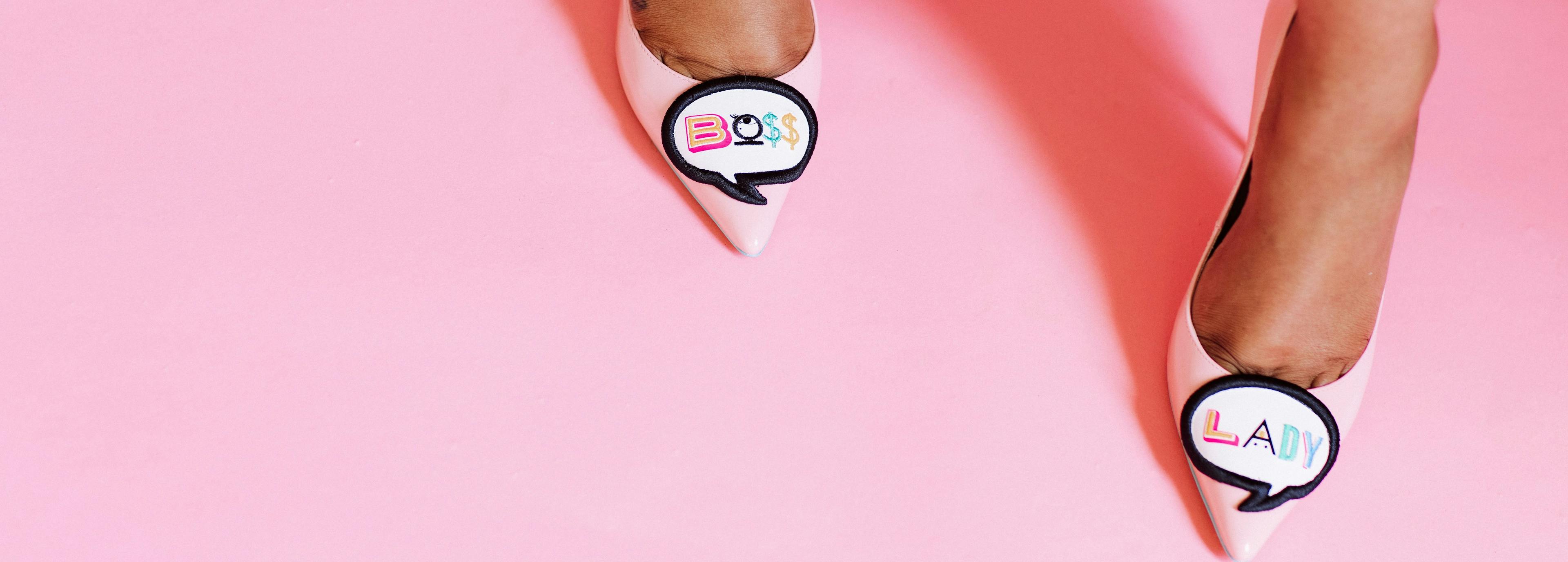396 reads
The Female Founders of Unicorn Companies ClassPass and Spanx Share These 5 Traits, Do You?
by
February 25th, 2022
Audio Presented by

♤ User Acquisition & Growth ♤ Marathoner & Fitness Enthusiast ♤ TEDx Speaker
About Author
♤ User Acquisition & Growth ♤ Marathoner & Fitness Enthusiast ♤ TEDx Speaker
